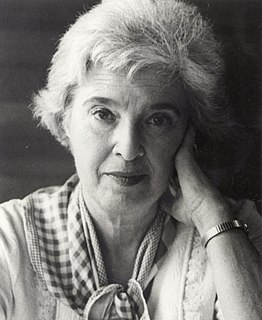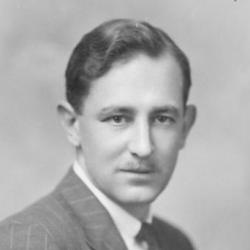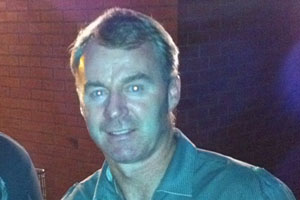A Quote by Gerda Lerner
The main thing history can teach us is that human actions have consequences, and that certain choices, once made, cannot be undone.
Related Quotes
We can learn from history how past generations thought and acted, how they responded to the demands of their time and how they solved their problems. We can learn by analogy, not by example, for our circumstances will always be different than theirs were. The main thing history can teach us is that human actions have consequences and that certain choices, once made, cannot be undone. They foreclose the possibility of making other choices and thus they determine future events.
It cannot be said too often that actions are good or bad in the light of consequences, and that a clear perception of consequences would control actions. That which increases the sum of human happiness is moral; and that which diminishes the sum of human happiness is immoral. . . . Blind, unreasoning obedience is the enemy of morality.
It is not often that nations learn from the past even rarer that they draw the correct conclusions from it. For the lessons of historical experience, as of personal experience, are contingent. They teach the consequences of certain actions, but they cannot force a recognition of comparable situations.
But that night as I drove back to Montreal, I at least discovered this: that there is no simple explanation for anything important any of us do, and that the human tragedy, or the human irony, consists in the necessity of living with the consequences of actions performed under the pressure of compulsions so obscure we do not and cannot understand them.
Barring extreme physical and mental disabilities, each and every one of us is where we are today -- be it poor or wealthy, happy or sad, on the streets or in a condo, in a Mercedes or a rusted-out Pinto -- because of the choices we have made during our lives. It's the choices we have made that put us where we are, not the choices others have made for us.
The flow of action continually produces consequences which are unintended by actors, and these unintended consequences also may form unacknowledged conditions of actions in a feedback fashion. Human history is created by intentional activities but is not an intended project; it persistently eludes efforts to bring it under conscious direction.
We now know that we cannot continue to put ever-increasing amounts of CO2 into the atmosphere. Actions have consequences. In fact, the consequences of past actions are already in the pipeline. Global temperatures are rising. Glaciers are melting. Sea levels are rising. Extreme weather events are multiplying.







































